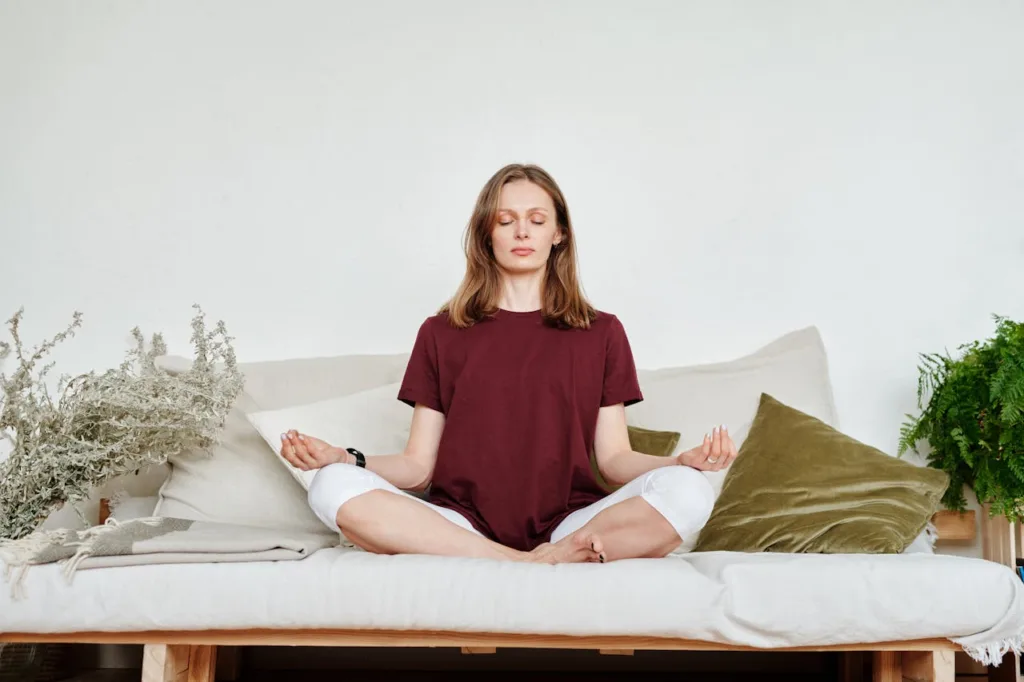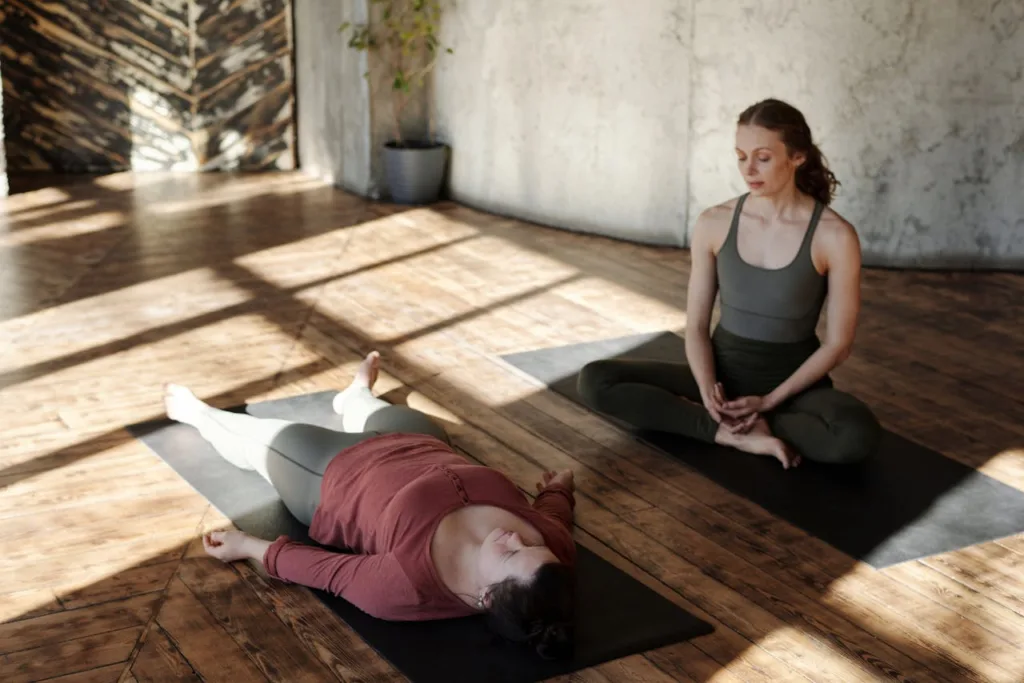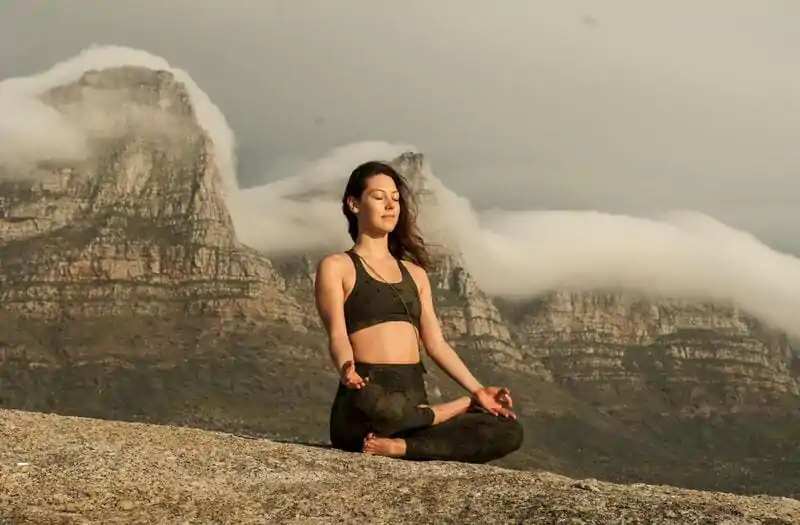Insomnia affects millions of people worldwide, leading to various health issues such as fatigue, irritability, and a weakened immune system. One effective method to combat insomnia is meditation. This practice not only helps in improving sleep quality but also enhances overall well-being. Let’s explore how meditation for insomnia relief can transform your sleep and life.

Understanding Insomnia
Insomnia is a sleep disorder characterized by difficulty falling asleep, staying asleep, or waking up too early and not being able to get back to sleep. It can be acute, lasting for a few days or weeks, or chronic, persisting for months or even years. Common causes of insomnia include stress, anxiety, depression, poor sleep habits, and certain medical conditions or medications.
Meditation and Sleep
Meditation is a practice where an individual uses techniques such as mindfulness, focusing the mind on a particular object, thought, or activity to achieve a mentally clear and emotionally calm state. Meditation can reduce the arousal state in the brain, which is a common issue in insomnia. By calming the mind, meditation helps to lower the heart rate, slow breathing, and reduce stress hormones, all of which are conducive to better sleep.
How Meditation Helps with Insomnia
Reduces Stress and Anxiety
Stress and anxiety are significant contributors to insomnia. Meditation for insomnia relief helps manage these emotions by promoting relaxation and reducing the stress hormone cortisol. Techniques such as mindfulness meditation encourage present-moment awareness, which can break the cycle of worry and anxiety that often keeps people awake at night.
Additionally, regular meditation practice has been shown to decrease the overall levels of anxiety and improve emotional regulation, leading to a more stable mood and reduced stress levels throughout the day and night.

Promotes Relaxation
Progressive relaxation and guided imagery, common components of meditation, help ease muscle tension and promote a sense of peace. This relaxation response is crucial for falling and staying asleep. By systematically relaxing each muscle group, individuals can reduce the physical manifestations of stress that contribute to insomnia.
Moreover, guided imagery can transport the mind to serene and calming places, further enhancing the body’s ability to relax and prepare for a restful night’s sleep.
Improves Sleep Patterns
Regular meditation practice helps in regulating the sleep-wake cycle. It increases the production of melatonin, the hormone responsible for sleep regulation, and improves the overall quality of sleep. Consistent meditation can help establish a more regular sleep schedule by signaling to the body when it is time to wind down.
Over time, individuals may find that they fall asleep more quickly, experience fewer nighttime awakenings, and feel more refreshed upon waking, leading to a more balanced and restorative sleep pattern.
Types of Meditation for Insomnia Relief
Several meditation techniques can be particularly beneficial for those suffering from insomnia.
Mindfulness Meditation
Mindfulness meditation involves focusing on the present moment and accepting it without judgment. It often includes deep breathing exercises and paying attention to bodily sensations. Practicing mindfulness and meditation for insomnia relief can help in reducing the mental chatter that often prevents sleep.
Guided Meditation
In guided meditation, a narrator or recording takes you through a series of visualizations and relaxation exercises. This type of meditation can be especially helpful for beginners who need a structured approach to relax and unwind.

Body Scan Meditation
Body scan involves mentally scanning the body from head to toe, bringing awareness to each part, and releasing tension. This practice can help identify and reduce physical tension that might be contributing to insomnia.
Progressive Muscle Relaxation
This practice involves tensing and then slowly relaxing each muscle group in the body. This technique helps relieve physical stress and promotes a deeper state of relaxation conducive to sleep.
How to Start a Meditation Practice
- Find a Quiet Space: Choose a quiet and comfortable place where you won’t be disturbed. This could be a dedicated meditation space or simply a quiet corner of your home.
- Set a Routine: Consistency is key in meditation. Try to meditate at the same time every day, ideally before bedtime, to signal to your body that it’s time to relax and prepare for sleep.
- Start Small: If you’re new to meditation, start with short sessions of 5-10 minutes and gradually increase the duration as you become more comfortable with the practice.
- Use Resources: Numerous apps and online resources offer guided meditations specifically designed for sleep. These can be particularly helpful for beginners.
- Be Patient: Like any new habit, meditation takes time and practice. Don’t get discouraged if you don’t see immediate results. Stick with it, and over time, you’ll likely notice improvements in your sleep quality.
Dealing with the Root Cause of Insomnia
- Stress and Anxiety: High levels of stress and anxiety can lead to racing thoughts and heightened arousal, making it difficult to fall asleep or stay asleep throughout the night.
- Poor Sleep Hygiene: Irregular sleep schedules, excessive screen time before bed, and an uncomfortable sleep environment can negatively impact the quality of sleep and contribute to insomnia.
- Addiction: Substance abuse disrupts brain chemistry and sleep patterns, causing difficulties in falling asleep, staying asleep, or having restful sleep. Meditation promotes mental clarity, emotional stability, and stress reduction, aiding both sobriety and better sleep.
Of course, if you find yourself dealing with one of these common life struggles, meditation alone might not always be sufficient. Reaching out and seeking professional help is the right course of action if you find you’re not able to handle the situation yourself. For those on their sobriety journey, in particular, dealing with insomnia may require additional support and guidance. Recovery Beach recognizes the link between insomnia and sobriety, integrating holistic practices like meditation into its treatment programs. This comprehensive, personalized care addresses both the physical and psychological aspects of addiction.
Tips for Enhancing Meditation for Sleep
- Incorporate Breathing Exercises: Deep, slow breathing can enhance the relaxation effects of meditation. Try breathing in for a count of four, holding for a count of four, and exhaling for a count of four.
- Create a Relaxing Bedtime Routine: Combine meditation with other calming activities such as reading, taking a warm bath, or listening to soothing music.
- Avoid Stimulants: Avoid caffeine, nicotine, and heavy meals close to bedtime. These can interfere with your ability to fall asleep and diminish the benefits of meditation.
- Limit Screen Time: The blue light from screens can disrupt your body’s natural sleep-wake cycle. Try to avoid electronic devices at least an hour before bedtime.

Sleep Better and Live Better with Meditation
Meditation for insomnia relief is a powerful tool that can help you achieve better sleep and improve your overall quality of life. Incorporating meditation into your nightly routine can reduce stress, promote relaxation, and establish healthier sleep patterns. Start small, be consistent, and explore different meditation techniques to find what works best for you. With time and practice, you may find that meditation becomes an indispensable part of your sleep hygiene, leading to restful nights and energized days.
For those looking to deepen their practice, we offer free live guided meditations to help you get started. Sign up today at Samavira Meditation and begin your journey to better sleep and well-being.







